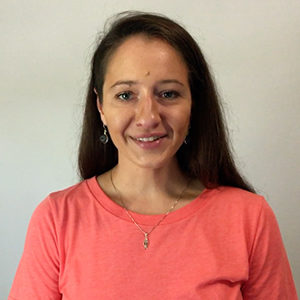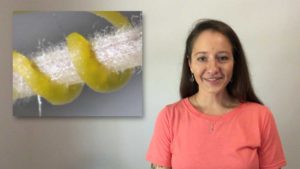Caitlin Conn received her PhD in genetics from the University of Georgia, where she investigated how the seeds of parasitic plants perceive nearby hosts. After completing two postdoctoral fellowships at Spelman College and Emory University, she started her own research program as an assistant professor at Berry College in Rome, GA. At Berry, the Conn lab studies the genetics and ecology of parasitic plants, some of which are found on the 27,000-acre campus. Caitlin also teaches courses in cell biology, evolution, and genetics.

Talks with this Speaker
The Making of a Parasitic Plant: Parasitism as a Life Strategy
Dr. Caitlin Conn describes the common life strategies of parasitic plants in this active learning video designed for undergraduate education. (Talk recorded in June 2020)

Audience:
- General Public
- Student
- Educators
- Educators of H. School / Intro Undergrad
Duration: 00:26:25



